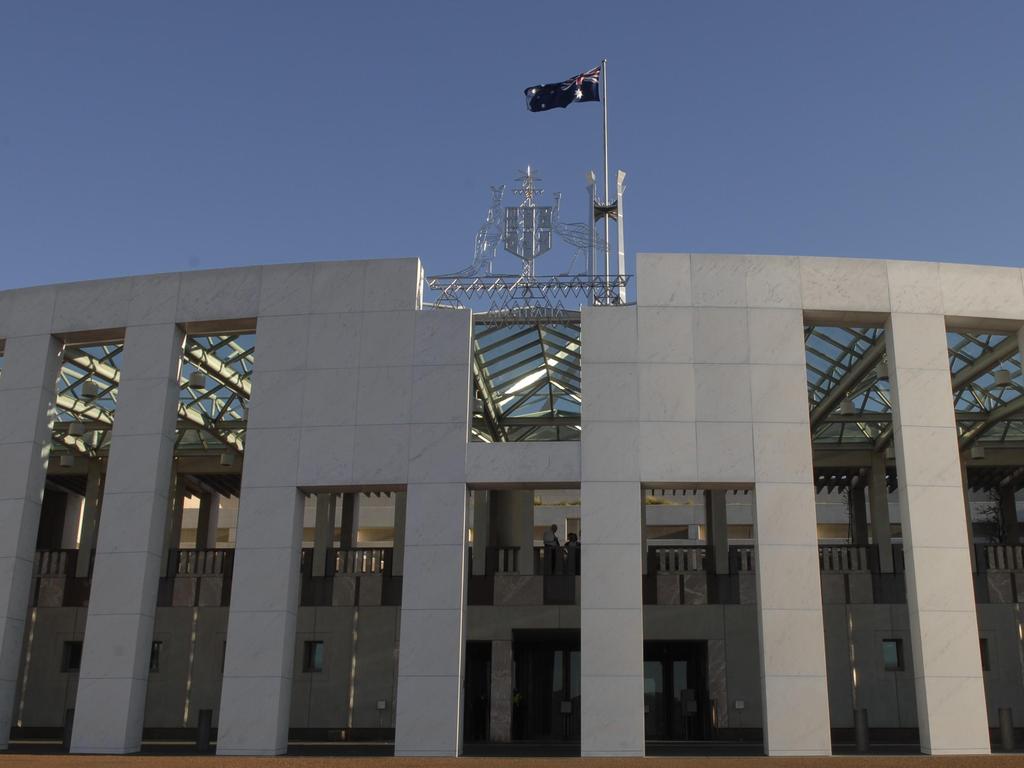Freedom of speech on campuses should never be confused with undisciplined free-for-all rants

Without serious consideration being given to the fundamental roles of teaching, learning and research, policies and practices may not give sufficient attention to ensuring that the core, day-to-day activities of universities are protected appropriately. One starting point for considering these issues, which sets off on the wrong track, is to consider universities to be simply vast public squares whose main role is to allow as many diverse voices as possible.
Any deviation from an absolutist view of free speech would, in those circumstances, indicate that the university was failing in its mission.
While it is important that spaces exist (both physically and digitally) where there can be a free flow of ideas, it is not for these purposes that universities are valuable.
Universities have a different mission. They focus on education, which requires a degree of discipline, knowledge, rigour and research where academics must observe good methodologies, adhere to ethical requirements, and base conclusions on a deep understanding of subject matter and expertise.
Academic freedom arises from these activities, including their in-built requirements and restrictions. To carry out these activities properly, and for the benefit of society, universities need a degree of autonomy, individual academics need protection from punishment when their ideas are challenging or controversial, and students require the intellectual freedom to explore, learn and even make mistakes.
The occasionally facile comment demanding no restriction except by law on free speech at universities demonstrates a lack of understanding of what universities actually do.
A lecturer, for example, may reasonably require classroom contributions be relevant to the subject, made in an orderly way, and involving academic rigour appropriate to the academic level.
These things are not required in general public debate — they are restrictions on free speech — but are critical to the educational mission. An example illustrates the difference between the type of speech that might be protected by academic freedom and the type that might be protected by free speech.
Imagine a classroom debate on immigration policy.

One student argues vigorously for an open border policy, saying such a policy will enhance global social justice. Another student argues against further immigration, saying Australia’s infrastructure is failing to keep up with population growth.
Some in the class may have strong views on these issues and be hurt, angered or offended by one of the arguments.
Academic freedom, however, protects the right of each protagonist and they should not face disciplinary action or penalties (such as a lower grade) for making a robust case.
However, if the speakers use racial slurs or personal insults or threats to underline their points, then the lecturer would have the right and obligation to intervene.
At this point, academic freedom no longer covers the debate because it has degenerated into ad hominem attacks and threats with no intellectual value.
Just as academic freedom strongly protects the articulation of unpopular views, it also places more demands on participants than a discussion in the campus bar.
Similarly, in research, academic freedom should provide protection for research conclusions others feel uncomfortable about or disagree with.
But to benefit from this protection, such research must also adhere to ethical frameworks, use justifiable methodologies and be prepared to be subject to rigorous scrutiny and criticism.
Free speech places no such constraints on people who can (and do) put into the public square strongly expressed opinions on a wide variety of matters with no consideration of evidence or understanding of the underlying discipline.
Freedom of speech remains of great importance in a university environment and, outside the more disciplined environments of classroom or laboratory, should be encouraged and supported.
Although universities are not just open public squares, they are places where people should be intellectually curious, interested in understanding a variety of viewpoints, and stimulated by new ideas, and our policies and regulations should generally promote this.
Freedom of speech and academic freedom often overlap and mutually reinforce one another.
We need to be careful, however, that we do not let absolute ideas of freedom of speech undermine the core purposes of the university, which remain the pursuit of the highest quality of teaching, learning and research.
Carolyn Evans is vice-chancellor of Griffith University. This is an extract from a speech presented at a workshop on Freedom of Expression at the University of Melbourne. It is based on a forthcoming book by Evans and Adrienne Stone, Open Minds: Academic Freedom and Freedom of Speech in Australia (La Trobe University Press).







In the increasingly intense debates over academic freedom and freedom of speech on Australia’s campuses, too often there has been a focus on reacting to the relatively peripheral issues — such as public lectures by controversial speakers — rather than the core business of universities.